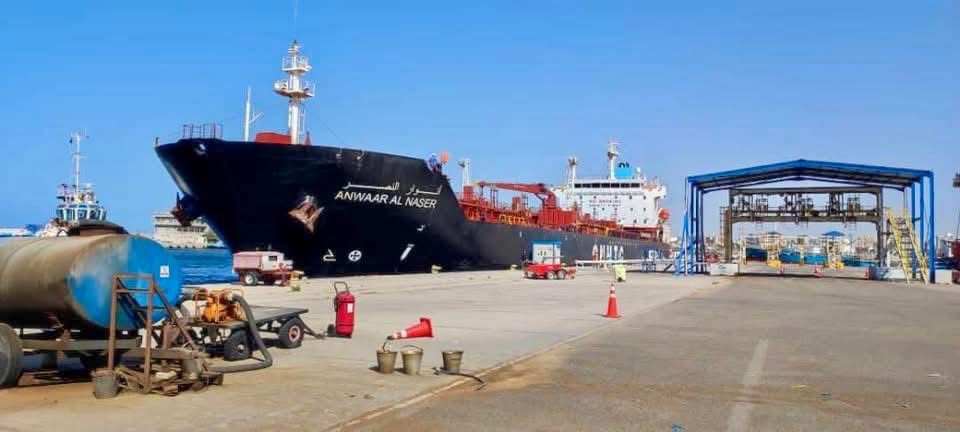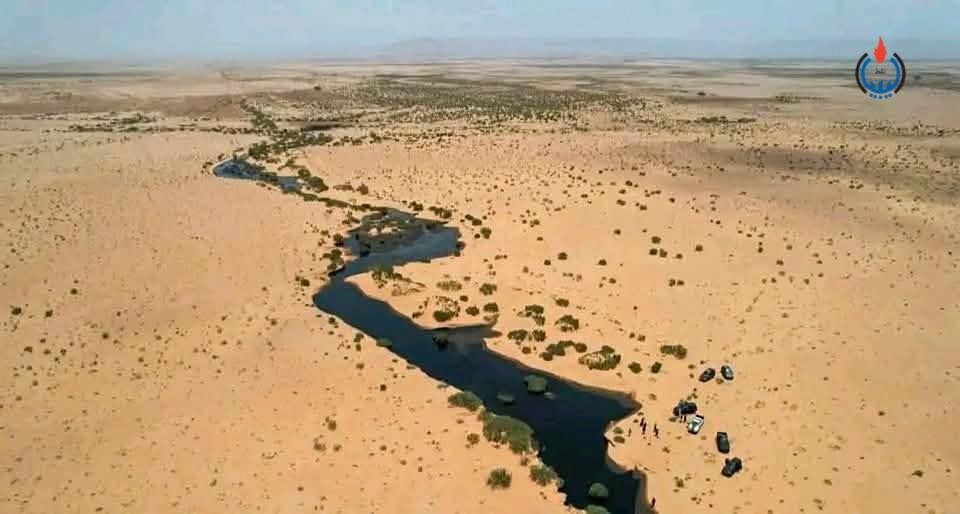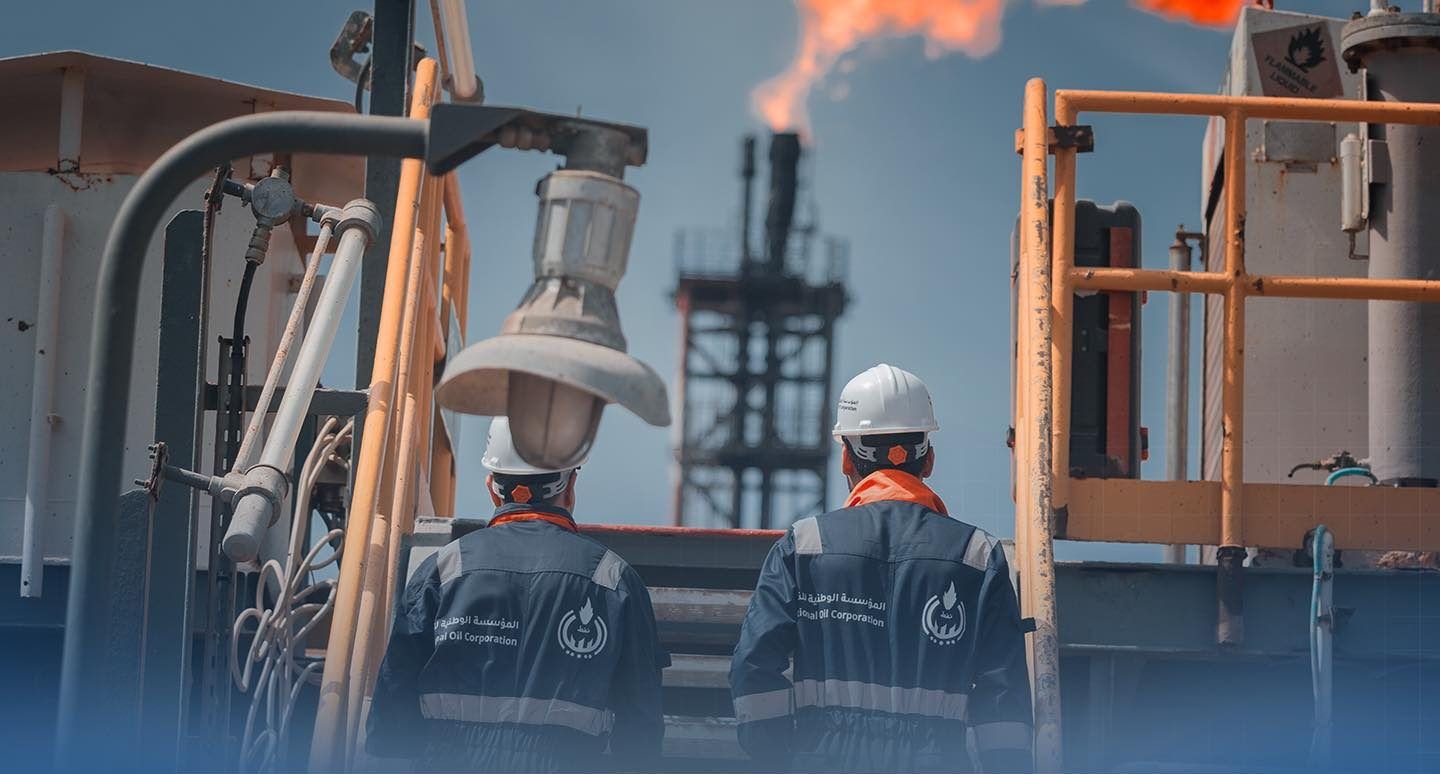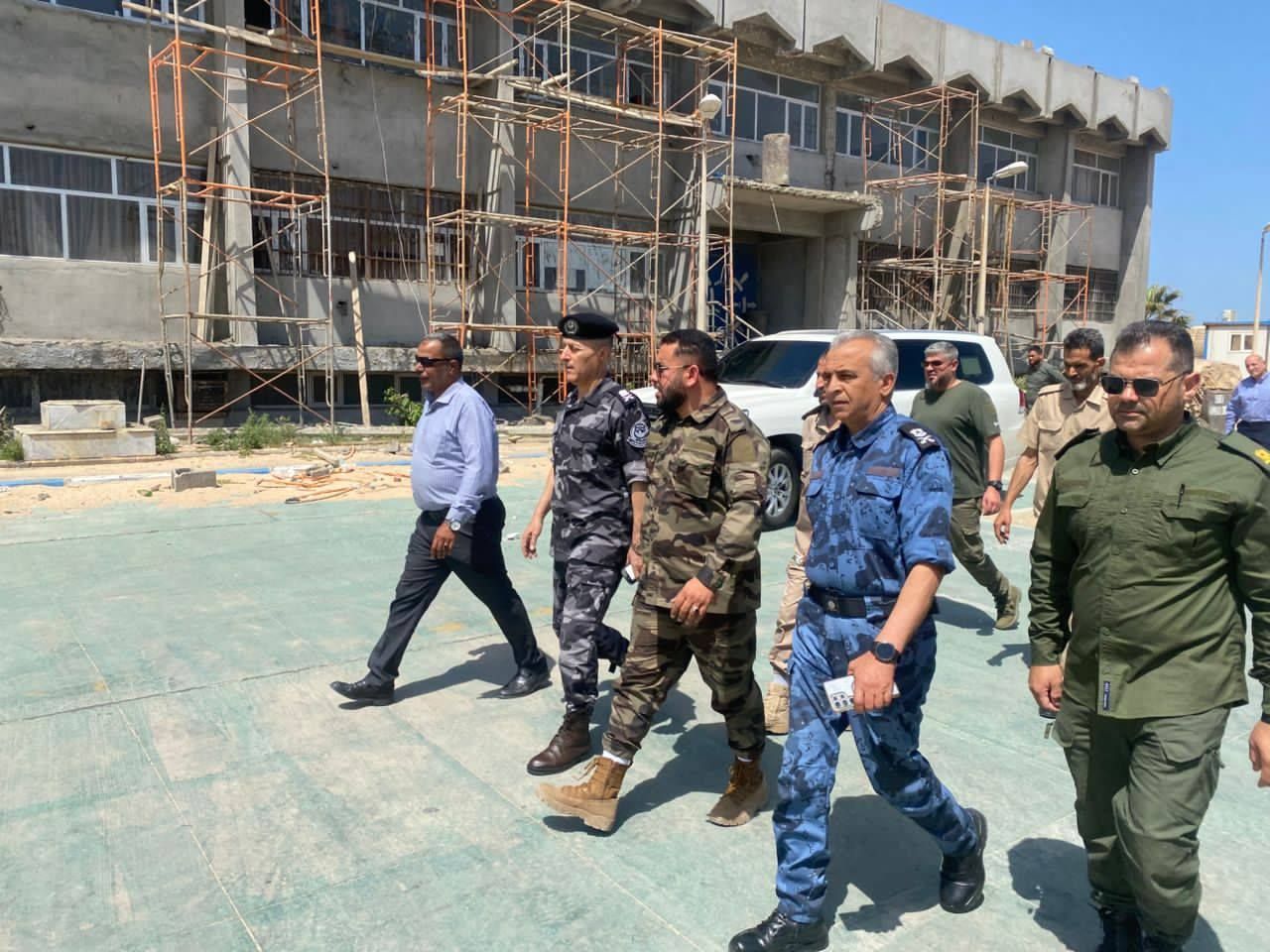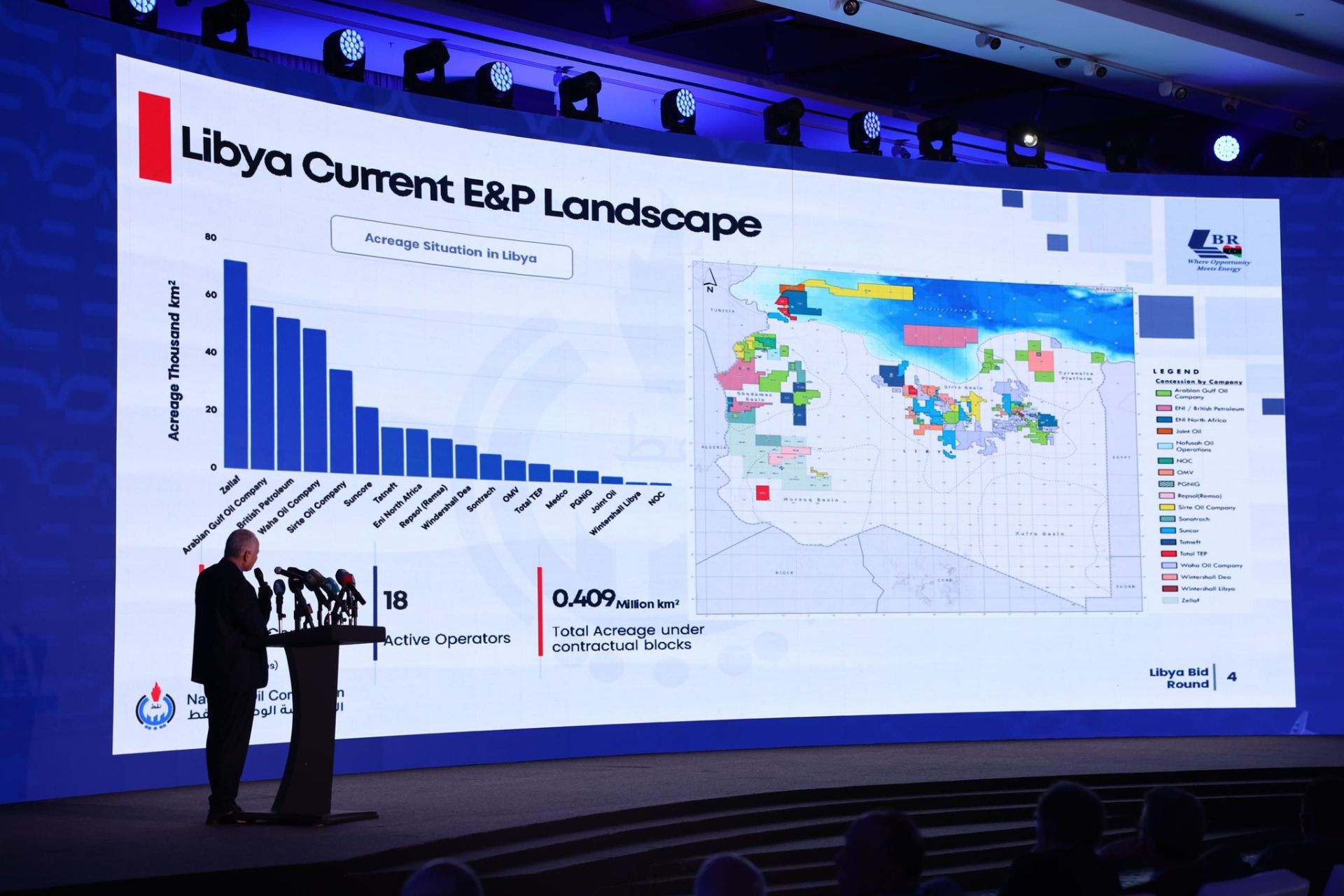
The acting NOC chairman, Masoud Suleiman, announced on 3 February, the launch of the bidding round for new exploration concessions during a ceremony organised at the Rixos centre in Tripoli Participating was the GNU prime minister, Abdulhamid Dabaiba, and his acting oil and gas minister, Khalifa Abdulsadek, officials and board directors of oil companies affiliated with the National Oil Corporation (NOC) as well as foreign ambassadors.
In his speech, Suleiman said that the tender round was an opportunity to invite foreign companies to invest in Libya and to strengthen partnerships with them. The tender round had been organised and prepared by experts in the sector, he added.
Suleiman said that the bidding round would enhance Libya’s position in the global oil and gas market, help boost Libya’s reserves, and compensate for lower output in previous years.
Masoud Suleiman noted the importance of offering concessions to foreign companies. This would contribute to development, increase national income, and create job opportunities, he said.
Acting oil and gas minister Abdulsadek stated that the bidding round would boost investor trust in the Libyan energy market, being the first in 17 years. With Libya having the largest oil reserves in Africa and the tenth largest globally, Libya’s oil sector is based on solid foundations, he noted.
Abdulsadek stressed that the tender round took into account the best international practices and also considered investors’ needs. It was characterised by flexibility while preserving the interests of the Libyan state, he stated.
Also, speaking at the event, GNU PM Dabaiba said that his government had allocated the largest investment budget in its history to the NOC. This underlined the importance of the sector, he said, noting that the state relies on it because it provides 90 percent of the treasury’s finance. There were not many other options, he said, and that this obliged the state to encourage the NOC’s activities. He also stressed the importance of developing the gas sector, noting rising global gas prices. Gas, he said, was a lifeblood. He also spoke of the importance of Libya being a leader in the region in the field of energy.
Dabaiba added that any delays in increasing the gas production would mean that some power plants could stop operating, and gas exports to Italy through the Greenstream pipeline might also stop. This made the development of the NC7 field and of other gas fields both onshore and offshore all the more necessary.
